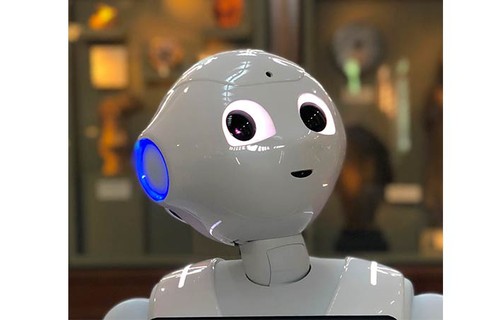The emergence of generative AI technology, such as OpenAI’s ChatGPT and Google’s Gemini, presents exciting possibilities for enhanced productivity and idea generation. At MCS, we have seen an increase in the application of generative AI for professional development & exploration. Our office has always encouraged students to use available tools to help navigate their career journeys, and we echo the university’s support of “responsible experimentation with generative AI tools.”
MCS believes that responsible adoption of generative AI tools can enhance professional development, whether in finding a job or applying to graduate school. We have created some guidelines and recommendations to help navigate AI resources.
First, some important considerations:
- AI is not always accurate. These tools are only as accurate as the data they draw from, and that data may be outdated or incorrect. Generative AI can “hallucinate”, or generate information that is false or unrelated to the prompt. This is why you must carefully review the material it generates for accuracy.
- AI is biased. The output you receive from a generative AI model is an aggregation of data the model has been trained on. Training data comes from a variety of sources, not all of which are authoritative or trustworthy. In addition, training data comes from humans, and therefore contains human biases.
- Be mindful of the information you share. Any data you share with generative AI tools will be used to further train the model. For this reason, it is best not to share any personal or proprietary data.
- Generative AI is meant to be iterative and conversational. This means that you shouldn’t automatically accept the first response you get. Prompting and then asking follow-up questions in response may get you better results. When creating prompts, consider what role you want the model to play, who is the audience for your material, what tone and length you are looking for, what format you want the output in, and what details you want included and considered.
- Start with your own work. Generative AI is a tool that can be used to improve your work, but it should not be a replacement for your work. Instead of just copying and pasting ChatGPT’s responses, use those responses to brainstorm or to enhance drafts. Remember that generative AI models are trained to pull the most likely answer as opposed to the best answer. Without specific prompting from you, the output is likely to be generic, and will not make the tailored impression you want to convey.
- Review your materials with an MCS career advisor. Remember to take advantage of all available tools and resources, including meeting with an advisor.
- Be sure to adhere to guidance from each employer, school, or department you are engaging with. Each organization you encounter may offer specific guidance for using generative AI relevant to their population.












